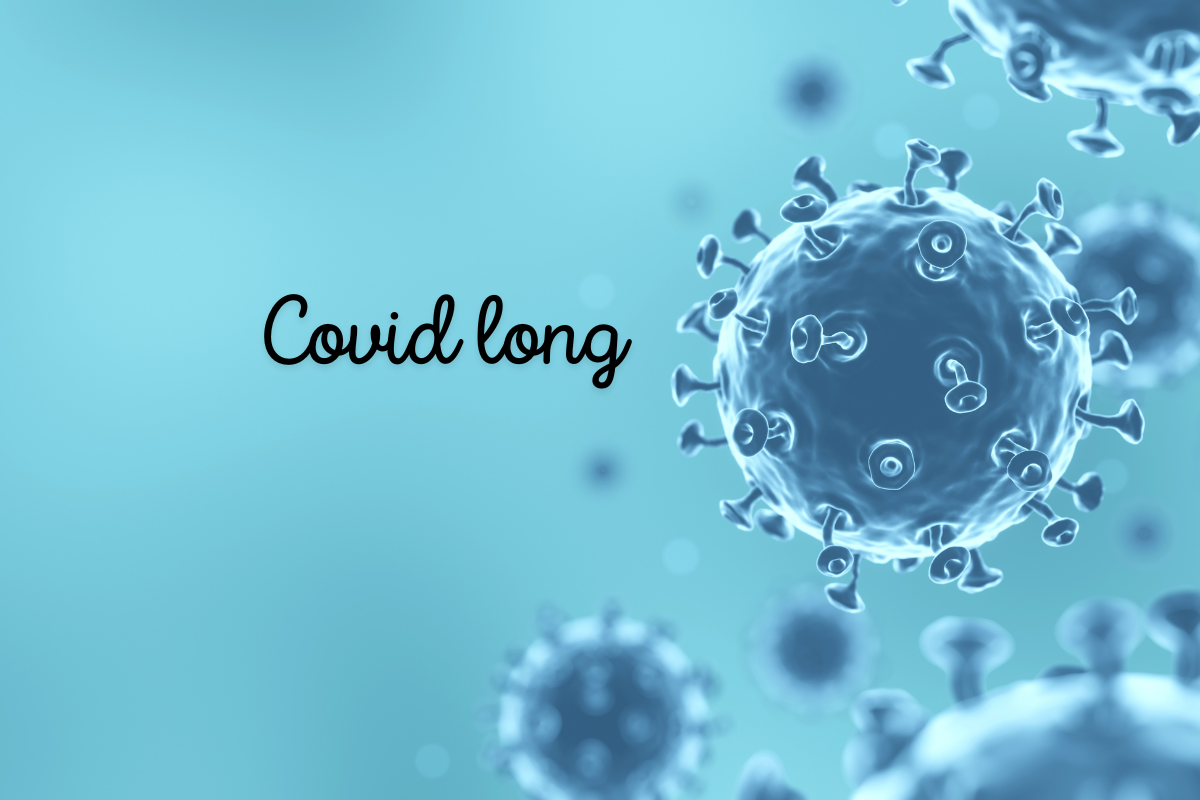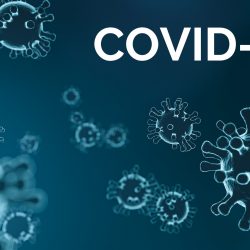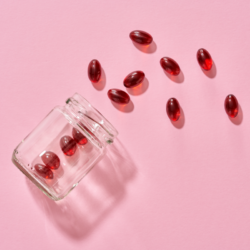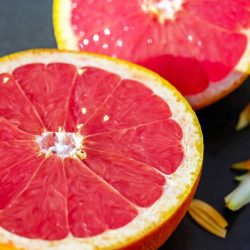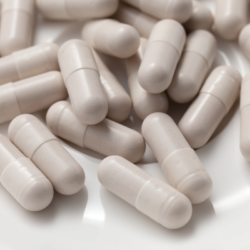Long COVID, characterised by symptoms persisting several months after the initial infection with SARS-CoV-2, poses a major public health challenge. Among the strategies being explored to mitigate these prolonged effects, the role of antioxidants and vitamin D is attracting growing interest. Antioxidants, by neutralising oxidative stress, and vitamin D, thanks to its immunomodulatory properties, could play a key role in reducing the chronic inflammation and immune dysfunction associated with long COVID.
What are the warning signs of long covid?
The SARS-CoV-2 virus, responsible for COVID-19, leads to a wide variety of patient outcomes. Some people remain asymptomatic or have only mild symptoms. Others, on the other hand, suffer severe forms that can affect the respiratory system, leading to severe complications and even death. The identification of risk factors associated with these severe forms, such as advanced age or the presence of co-morbidities, has made it possible to prioritise targeted protection strategies, in particular vaccination.
Although the majority of infected people experience symptom resolution within 2 to 3 weeks, some patients continue to experience prolonged symptoms for more than 4 weeks after infection. This phenomenon, known as long COVID, is characterised by the persistence of various symptoms without any other underlying cause being identified. These symptoms may include severe fatigue, breathing difficulties, multiple aches and pains or neurocognitive problems. Their intensity and progression vary from patient to patient, and their regression may be slow and fluctuating.
The WHO estimates that around 25% of people infected with COVID-19 experience symptoms beyond one month, and at least 10% continue to suffer from long COVID beyond three months. Persistent symptoms can affect various organs, manifesting as respiratory, cardiovascular, digestive, neurological, skin or psychological disorders. These prolonged effects have a major impact on daily life, affecting patients’ physical, mental and social health.
Can vitamin D really alleviate the symptoms of long covid?
Researchers quickly demonstrated that vitamin D deficiency increased the risk of contracting COVID-19 and developing severe forms. This hypothesis is based on previous studies, which had already demonstrated the protective effect of vitamin D against acute respiratory distress syndrome (ARDS), an often fatal complication of respiratory infections. The increased severity of COVID-19 in the elderly and obese, two groups often affected by hypovitaminosis, as well as the increased prevalence of infections in winter, have reinforced the idea of a key role for vitamin D in the pathophysiology of this disease.
In addition to its role in calcium metabolism, vitamin D has antiviral and anti-inflammatory properties. It acts on angiotensin 2-converting enzyme (ACE2) and regulates the production of cytokines by macrophages and lymphocytes, thereby helping to combat viral infections. Studies, including those by C. Annweiler, have shown that adequate vitamin D levels improve the prognosis of COVID-19.
These results prompted the French Academy of Medicine to recommend vitamin D supplementation to prevent severe forms of COVID-19. In France, although severe vitamin D deficiency is rare, a survey revealed that insufficiency and deficiency are widespread.
Experts are now stressing the importance of regular supplementation, particularly for at-risk populations. In addition to its role in the prevention of long-standing COVID, vitamin D is recommended for the prevention of neurodegenerative disorders, cardiovascular, gastrointestinal and autoimmune diseases and tumours. Requirements vary between 50 and 100 ng/mL for optimum plasma levels, with intakes of 3000 to 4000 IU for women and 5000 to 6000 IU for men, depending on their weight.
What antioxidants can help relieve the long forms of covid?
Antioxidants play a central role in the management of long-form COVID by helping to restore the balance between oxidants and antioxidants, which is often disturbed in patients. The pathological oxidative stress observed in these patients, characterised by excessive production of free radicals and an inflammatory storm, contributes to the persistence of symptoms.
Among the essential antioxidants, vitamin C stands out for its effect on NOX enzymes, thereby reducing inflammation. It is administered in high doses (3 to 4 g/day) for its role in modulating the immune response and limiting viral replication. N-acetylcysteine (NAC), a precursor of glutathione, boosts cellular antioxidant defences. Glutathione, one of the body’s most powerful antioxidants, is often depleted in patients with long COVID. Restoring its levels helps to protect the mitochondria, key to energy production and the response to oxidative stress.
Other antioxidants, such as phycocyanin (spirulina extract), act by inhibiting viral replication. Phycocyanine blocks the ATP active site required by the nsp12 protein, thereby slowing the spread of SARS-CoV-2.
Taurine, administered in doses of one gram in severe cases, and micronutrients such as selenium,iodine and vitamins A and E also contribute to this defence. Omega-3s, thanks to their anti-inflammatory and oxidative stress regulating effects, reduce pro-inflammatory cytokines . This speeds up the resolution of chronic inflammation.
So the combination of these antioxidants and a diet rich in polyphenols naturally stimulates antioxidant enzymes and improves the immune response. Vitamin D and K2 supplements, which are essential for preventing calcium deposits, are also recommended for the overall management of long COVID.

